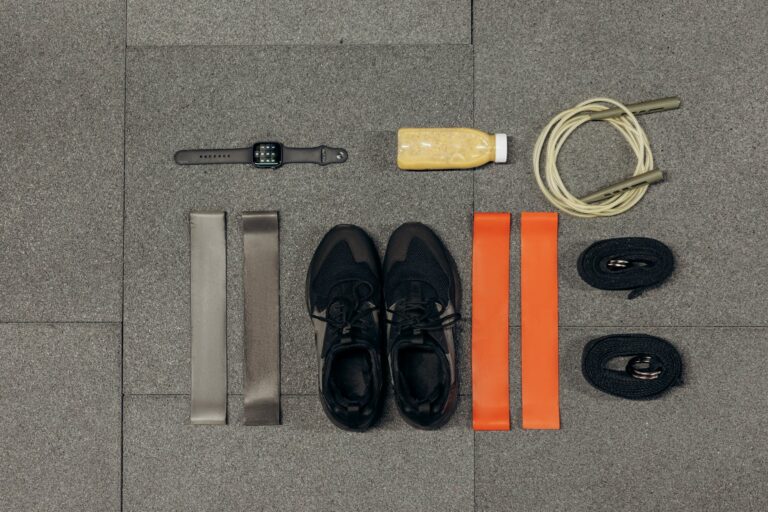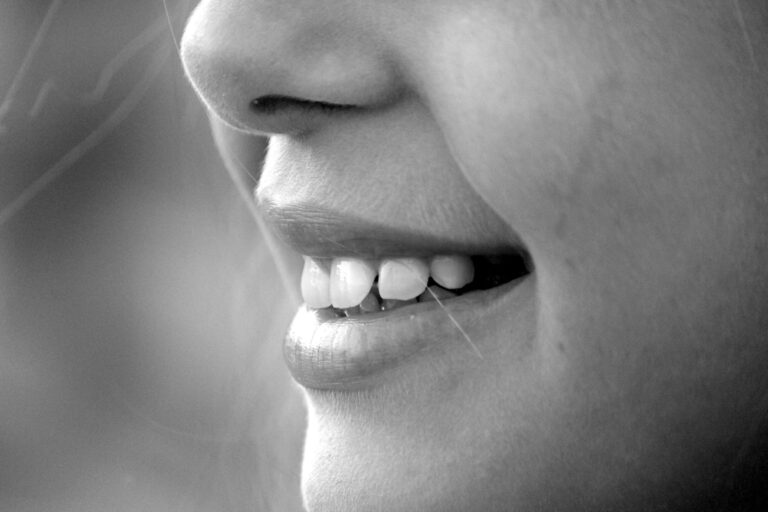Being unable to afford or otherwise obtain access to therapy is all too common. Across the United States, millions of adults are experiencing some form of mental illness yet cannot get in to talk with a professional. If you find yourself in such a position, you should know you are not alone. You should also know there are tools and resources available to help manage and improve mental well-being outside of therapy. Here are a few examples to help get you started.
The first approach we’ll be discussing is practicing mindfulness techniques. Stretching back thousands of years, meditation is a prevalent stress-relieving practice and can be beneficial owing to the mindfulness that comes from performing it routinely. Through breathwork and other calming influences, a person works to manage thoughts and emotions more effectively. This mindfulness can be especially helpful when someone often feels overwhelmed.
As a result of the improved mindfulness, many people report their stress and anxiety levels have decreased. They even find it easier to fall and stay asleep. Of course, mindfulness through meditation is not a quick fix. It takes time for people to get in the habit of relaxing and focusing their mind. Fortunately, there are meditation and mindfulness apps for beginners. There are also community classes and online videos to help maintain a constructive regimen.
Another way to foster mental resilience is through routine exercise. In addition to relieving stress and anxiety, exercise can help improve mood and even boost confidence. You don’t have to jump straight into powerlifting or running to get these benefits. Instead, consider going for serotonin-boosting walks in the sun or taking up swimming. The key to reaping the benefits is to find a form of exercise you enjoy and want to keep up with regularly.
Interested in learning more? Check out the accompanying resource for additional pointers on proactively managing your mental health outside of therapy.
Infographic created by Legacy Recovery Center










